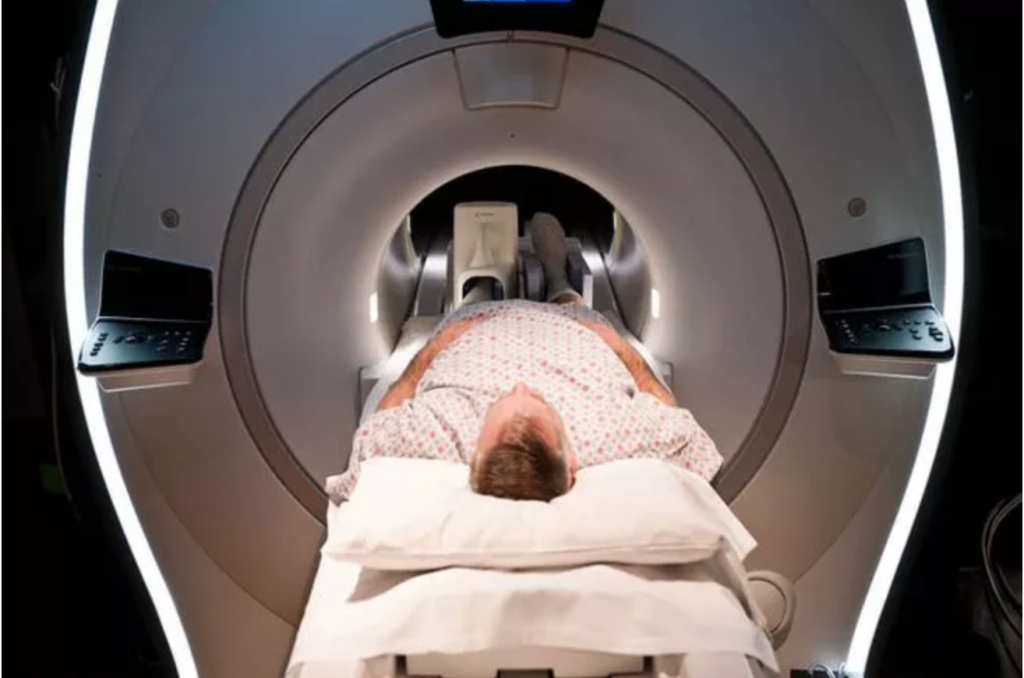How to get ready for a study visit
Study visits can take a long time—sometimes a whole day or more. You’ll be asked lots of questions and will probably do many tests. Planning ahead can help make the visit easier and less tiring.
Here are some tips to help you get ready:
- Write down any questions you have and bring the list with you.
- Wear comfy clothes that are easy to move in and easy to take off, in case you need to change for a test like an MRI.
- Bring snacks and water. You’ll probably get hungry or thirsty. You’re doing something important, so treat yourself! Bring extra snacks for your care partner or friend if they’re coming along.
- Charge your wheelchair or scooter the night before if you use one.
- Bring entertainment like movies, music, or books on your phone, tablet, or laptop to help pass the time while you wait.
What happens if the medicine makes me sick?
One goal of clinical trials is to find out how safe a new medicine is. The study team may not know all the side effects yet, which is one of the risks of joining a trial. But clinical trials have strict rules to help make the medicine as safe as possible.
If the medicine makes you feel sick, the study team will write down what happened. They will decide if it’s safe for you to keep taking the medicine or if you should stop. They will also help make sure you get the medical care you need. In some cases, your health insurance might have to pay for that care. The informed consent form will explain what is covered and what is not.

 Wondering what it’s like to take part in a clinical trial? This page takes you through what to expect during a clinical trial and at your study visits.
Wondering what it’s like to take part in a clinical trial? This page takes you through what to expect during a clinical trial and at your study visits.